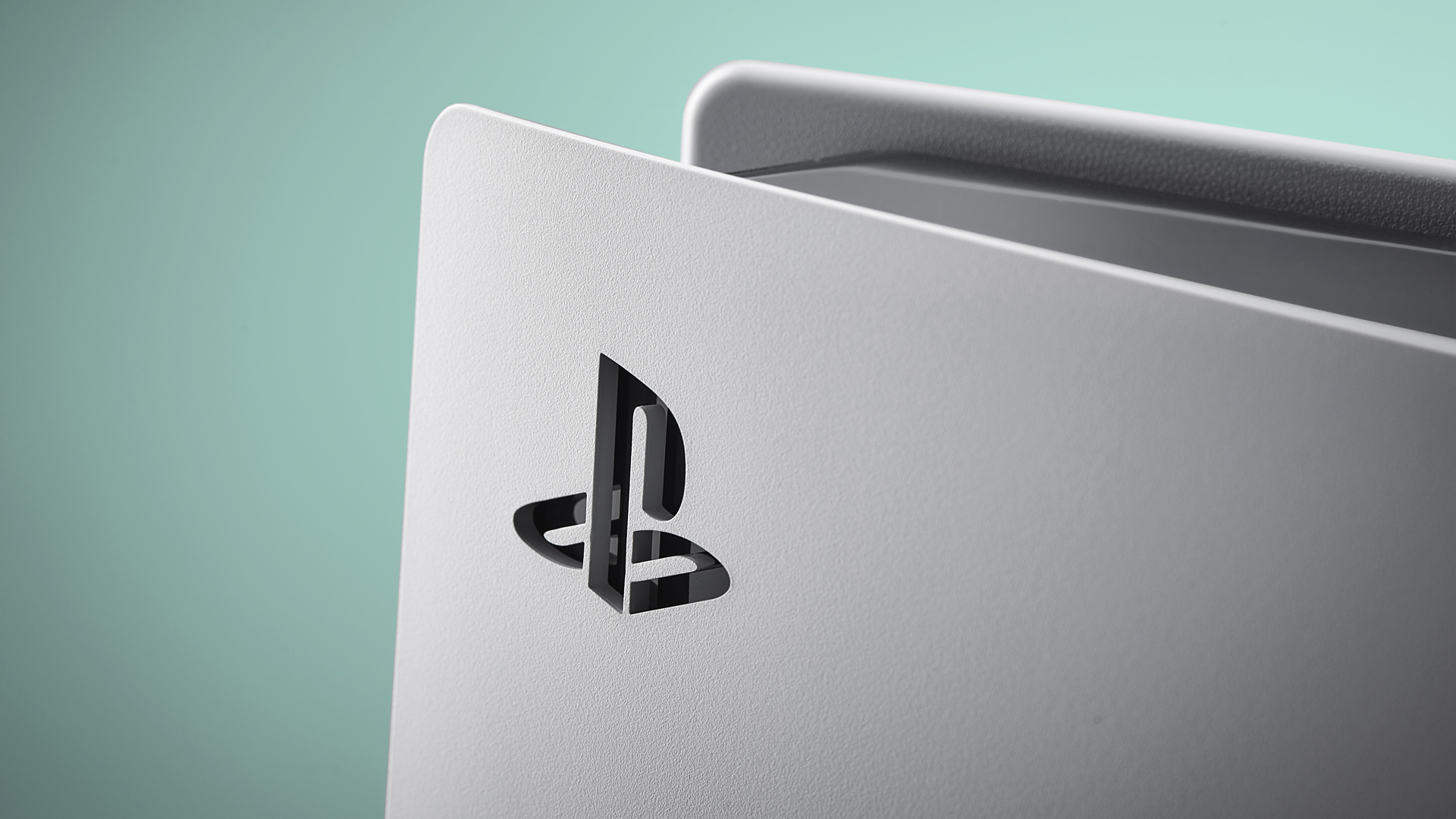

Five years ago, while heading back from E3 2016 (here is T3’s recap of Day1, Day 2, and Day 3 if you missed it), I concluded the following about the future direction of the gaming industry, which considering this week’s revelation about the new PlayStation Spartacus streaming service coming to PS5 and other hardware is, to be honest, another confirmation on the way I investigate and analyse the games industry for you.
Back in 2016 I said that:
“Seen until very recently as impractical, the growing of network services and earnings (Netflix, for example) compared to classic subscriptions, has convinced even the giants of Silicon Valley such as Microsoft to invest more and more in to what will be, according to even Wall Street's big analysts, a revolution that will destroy the console market as we know it today within 3 years.
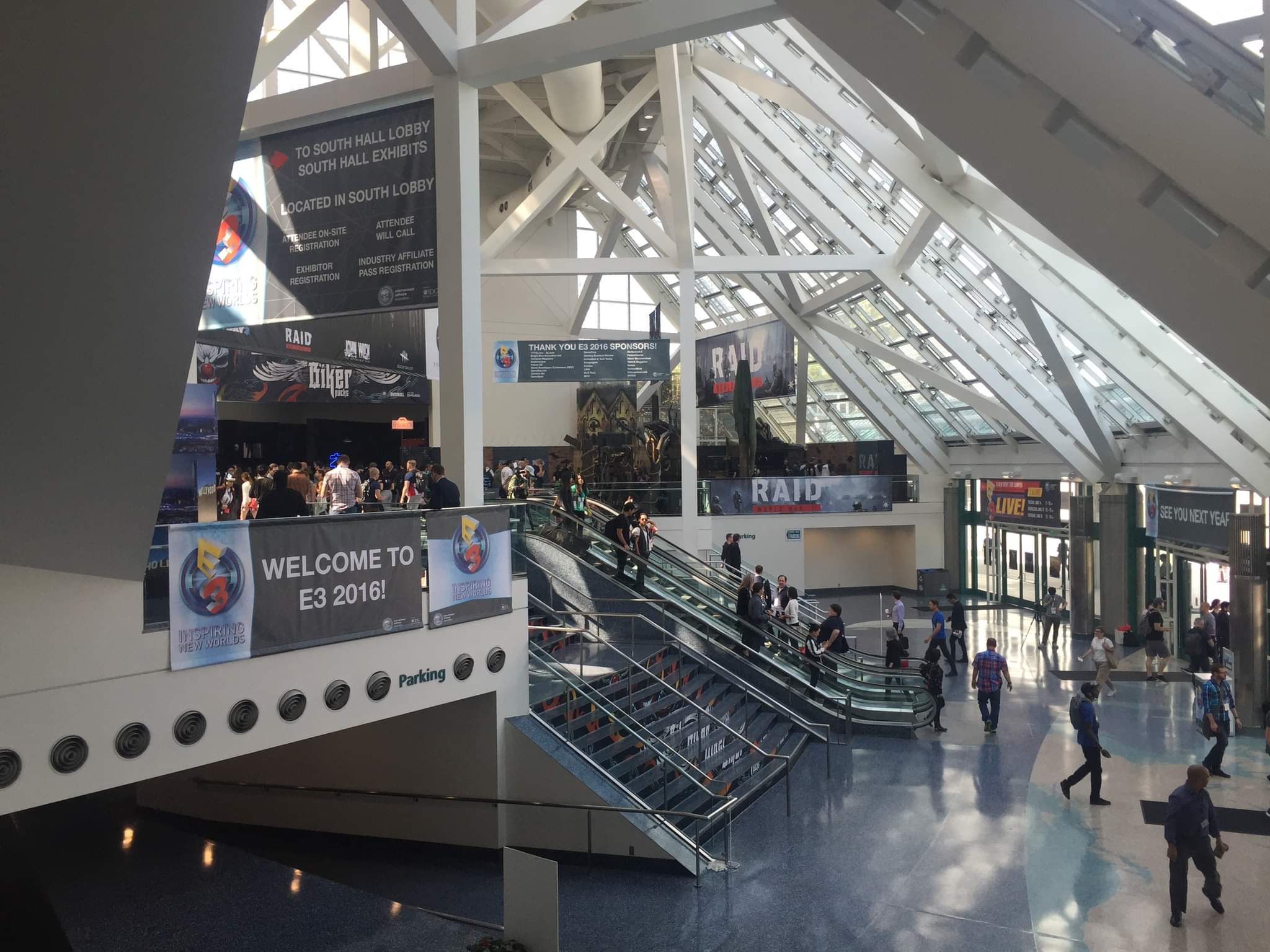
T3 reported live from E3 2016, where Microsoft had a big Xbox presence.
“On a global scale - especially at around a Netflix-style fee monthly - for a new game to be able to be played on mobile, at home, with friends, with or without a console, that would really change forever the industry and how video games have been sold, bought and played for the last 40 years.”
Fast forward to today and news of Sony’s first proper Xbox Game Pass and Azure cloud gaming rival, which is codenamed Spartacus, has broken cover (which is something that 5 years ago people would have laughed at, just at the idea).
Meanwhile Xbox Game Pass just saw Halo Infinite, the AAA flagship game for Microsoft, launch on it for free. Any gamer who has paid their Netflix-style montly subscription fee for Xbox Game Pass just got Halo Infinite delivered to them for nothing.
Oh, and Xbox Game Pass is also now the only player in town in terms of mass-adopted cloud gaming and Microsoft is the king of online cloud gaming technology. This is because for Microsoft and Xbox, for years now cloud gaming has been the ’de facto’ battleground in its war against Sony PS5 and even Nintendo and its Switch consoles.
Sign up to the T3 newsletter for smarter living straight to your inbox
Get all the latest news, reviews, deals and buying guides on gorgeous tech, home and active products from the T3 experts
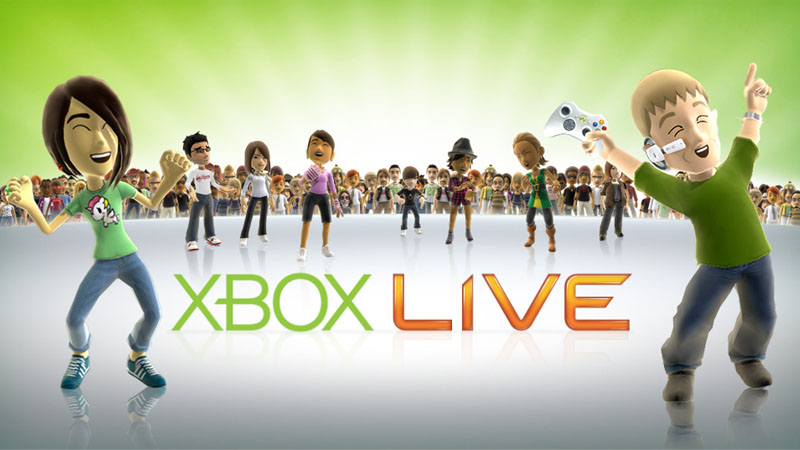
Xbox Live was the first major movement by Microsoft towards the cloud-based, online gaming future the industry is heading towards.
So, how has it come to this? How has Sony managed to miss the boat on cloud gaming and online streaming service technology from such a position of strength, when Microsoft who is coming off a brutal defeat in the Xbox One generation, is now so established and well positioned?
The answer is simple: bad decisions and different investments.
20 years ago Microsoft was one of the ‘Big 5’ companies along with Apple, Google, Amazon and Facebook and made its fortune on the rise of the home computers era, as on the proliferation of the internet in the mid 1990s.
Sony meanwhile was a 70-year old company born after World war II, establishing its own fortune on micro electronic items (portable radios, walkman, Tvs, etc.), and entered the gaming market just after the highly publicized break up from Nintendo.
The reason for the break-up? A falling out over the direction of a new games accessory, a CD Rom peripheral for the Super NES, which would go on many years later to sell for $360,000 to US collector Greg McLemore. As history would go on to show, Sony would then go on to transform that project into the first PlayStation, which launched in 1994.
So, from this perspective, even if Sony does have a wide knowledge of the IT sector, its flaw (if we can say so) is that it is not just strictly based on it. Microsoft meanwhile, with literally “Micro”computer “Soft”ware making up its name, IT sector is its core business.
Fast forward to the 2010s and the market cyclically needed broader internet bands to allow bigger and better connections across the world: to collect, share and (most of all) sell big data. And the gaming sector has been, since day one, on the top list (micro transactions through loot boxes, personal info & data sold to third parties, monthly subscriptions, etc..).
So, as happened with the ‘Xbox Live’ in the 2000s, Bill Gates and Co. understood that the main business in the future console industry was not what selling hardware to gamers around the world and then getting backing software royalties, as the Japanese firms like Sony and Nintendo thought, but instead exploiting and incentivizing a monthly based pay per view service (a model satellite or cable TVs moved to in the 1990s).
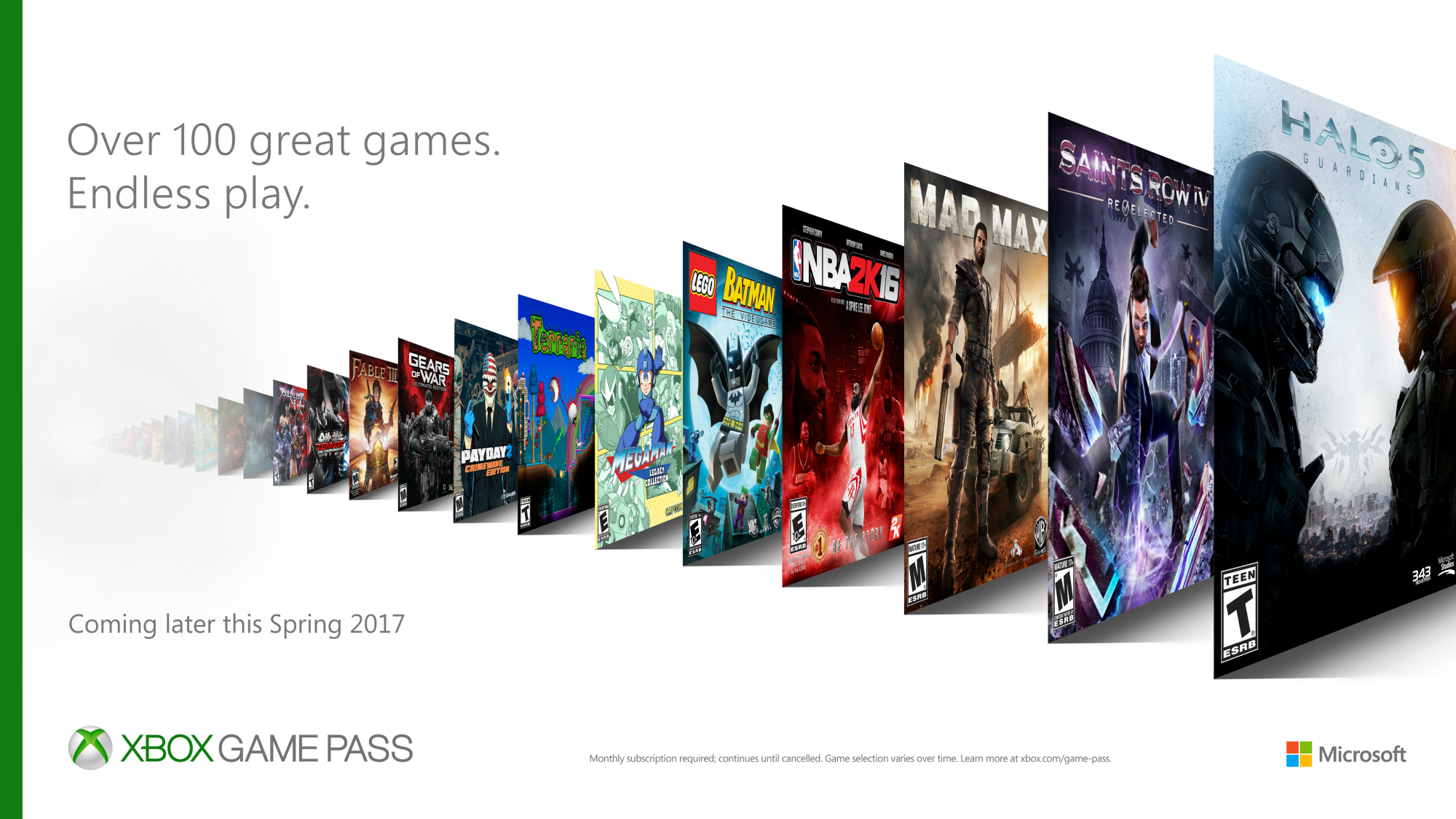
Xbox Game Pass launched back in 2017 and now is the Netflix-for-games service all others are playing catch-up to.
Simply put, Microsoft replicated what it did first in the 1980s in the home computer market with its software licenses to legally use their own ’Ms Dos’ first, and then ‘Windows’ and ‘office’ programs, just sending 1 key to buyers (so zero costs = all revenue).
The result was that despite the Sony PlayStation 2 hands down winning the 6th console generation by a country mile, Microsoft still made more money in the same period, with the massively online orientated Xbox 360 properly beginning Microsoft’s path to cloud game streaming and digital dominance.
In fact in the gaming community, since day one, the Xbox 360 was seen as the console to have to play online, while the PS2 safely focused on the single player offline experience.
The ace in the hole for Microsoft? Its ‘Xbox Live’ service, which has now been followed up with the Netflix for games ‘Game Pass’ service.
While the R&D departments of Sony were concentrating on delivering the best technical console possible (at the lowest cost for the company), Microsoft instead used its money to invest also on the infrastructure around the console to deliver an “expanded experience” (through dedicated high end servers). This became Microsoft’s ‘Azure’ cloud computing service that has become so dominant that in 2019 it was even chosen for use by its arch-rival Sony!
And this move shows just how far behind Sony has fallen in terms of cloud gaming and streaming.
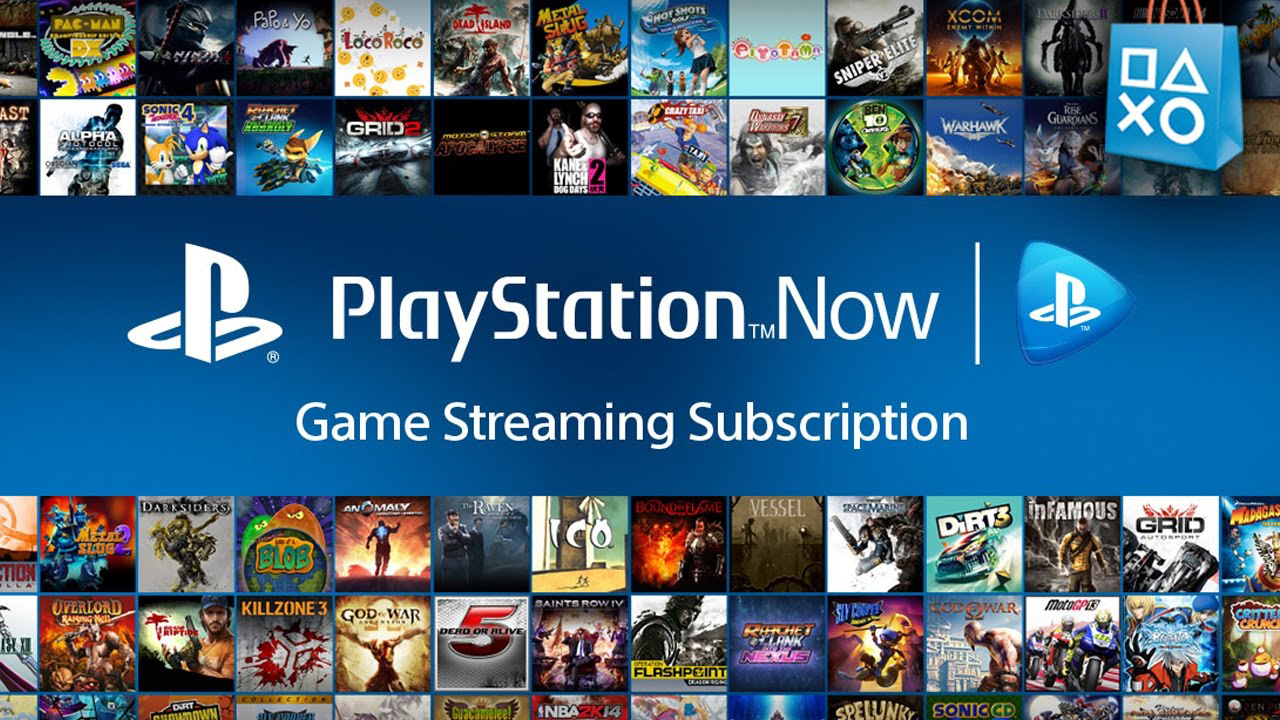
Sony's PlayStation Now game streaming service is being rolled into Spartacus, but it is reliant on Microsoft cloud hardware.
Cloud gaming as with cloud computing requires huge server hubs and a myriad of systems, which clearly can’t be designed and implemented overnight.
Microsoft understood this, like the other tech giants like Amazon and Google, and since 2010 started to build out their capacity and infrastructure for cloud computing and gaming. Sony did not do so. So while Sony has dominated the console market over the past 10 years with its PS4 generation of consoles, selling more than twice the amount of Xbox One consoles, it now is in a position where it may have won the battle but not the war, as the battleground has shifted in the meantime.
Game streaming and virtual consoles where you can play any game on any screen, not just a game console connected to a TV, such as phone, monitor, laptop or tablet, are now firmly in the ascendency, as too are monthly subscription services that supply access to content be they games, films, or music. Microsoft has the infrastructure to deal with this new gaming industry structure while Sony does not, and is markedly behind in its planning.
The ‘Game Pass’ is nothing more than the evolution of the 2000s’ Xbox Live (clearly with an improved and enhanced and more specialized service), but the philosophy behind the plan is the same: pay a percentage of the console value each month, but just for a very limited time.
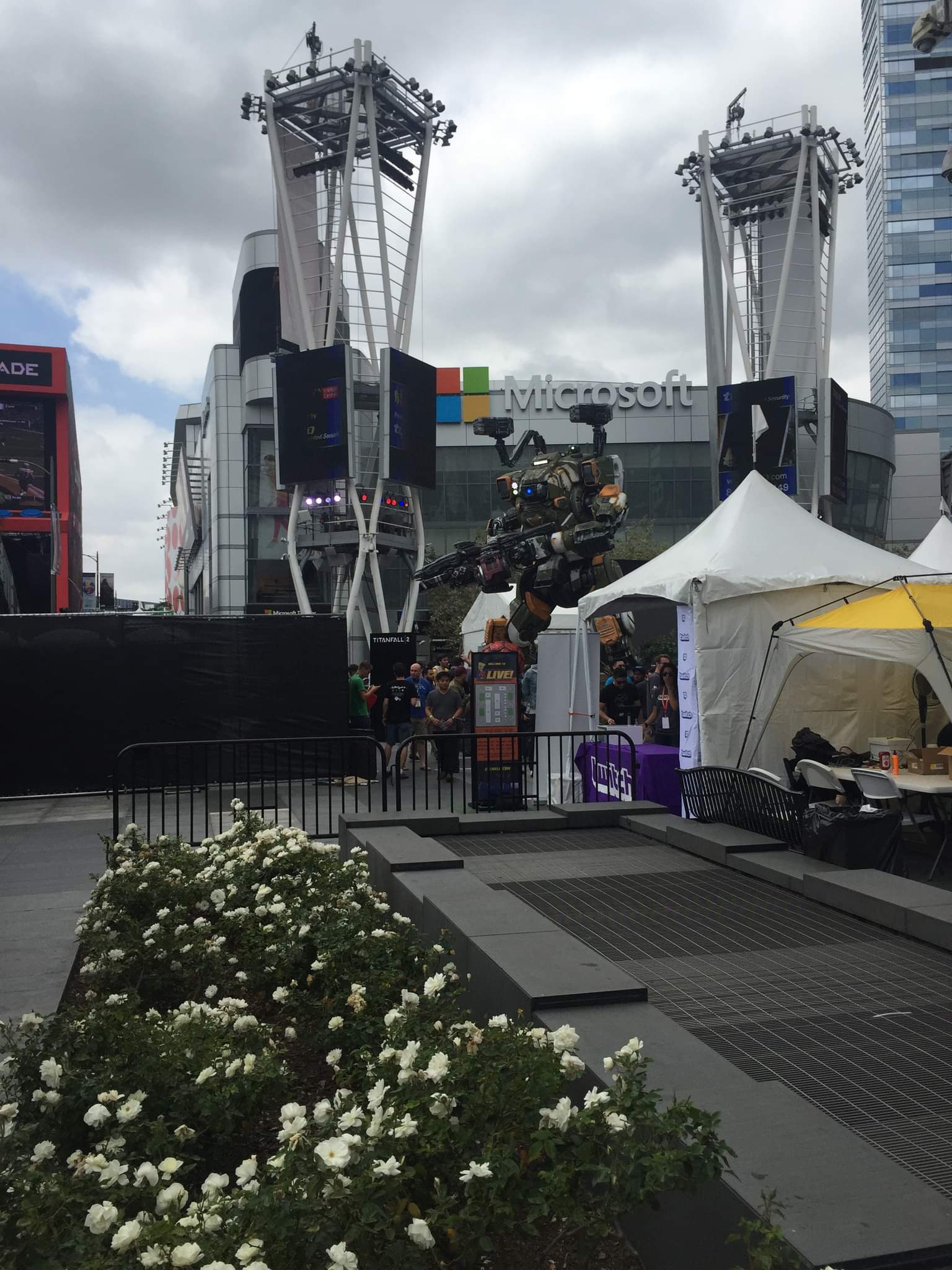
By E3 20165 Microsoft were already well on their way to cloud gaming dominance.
Of course, the even more interesting barrier that Sony and Microsoft will now face, but the former markedly more than the latter, is that on this new battlefield there is now new opponents, such as Google and Amazon, who while not traditionally been combatants in the gaming industry wars, are now major players due to their cloud expertise and technologies. Google has already made itself a player with its launch of Google Stadia, but Amazon has yet to move and is looming larger than ever.
This is why Microsoft and Sony have actually partnered up. Sony needs Microsoft’s technology and, no doubt, Microsoft will learn some things from Sony too in the collaboration, which even the US firm will need to fight its new cloud rivals.
All this said, will we see a Sony PlayStation 6? I personally say: “Yes, more than probably”, but by that time I don’t think the driver for it will be so they can sell gamers PlayStation exclusive games to play and take the royalties in the traditional manner.
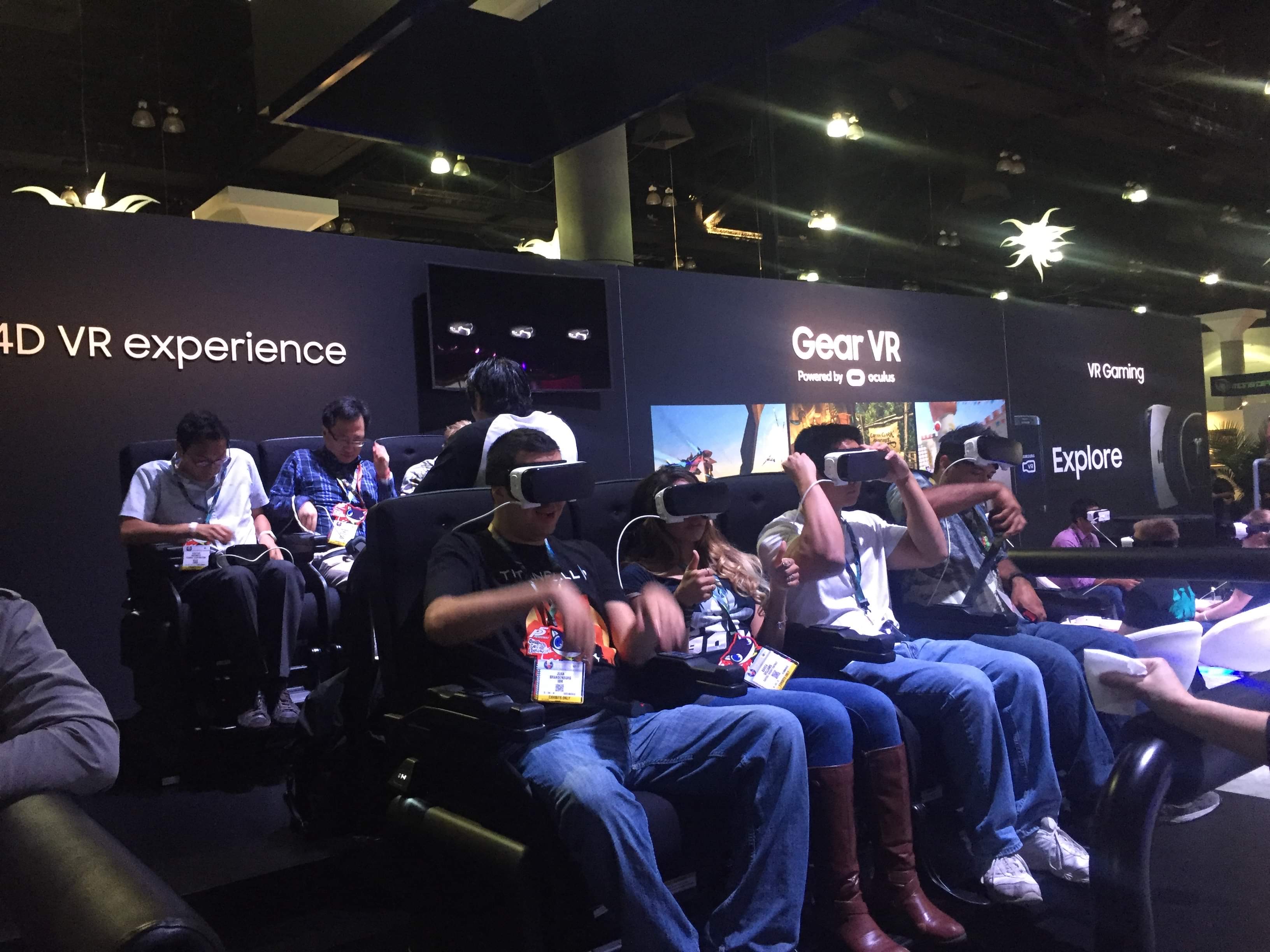
VR looks set to be part of the future gaming industry, and Sony is currently developing its PlayStation VR 2 headset.
The market is moving toward a virtual cross gaming platform situation in which “exclusives” won’t be economically sustainable (because monthly subscriptions deliver less compared to the money received for selling packed games), so Sony will likely transition to becoming what now is in the movie industry: a big studio whose content can be enjoyed in a variety of places, and not just Sony owned.
We'll live in a world where a 'Spider-Man 3 Homecoming' will be displayed and available at the Warner Bros. Cinema near you, and first-party exclusive Sony PlayStation games will be playable on a wide variety of hardware.
- These are the best PS5 games to play today
Marco Zangirolami has been reporting on the video game industry since 1996. During his career he has been a correspondent from Japan for the most important Italian firms, head of the 'Made in Japan' section on 'ConsoleMania' (the most important Italian video game magazine of all time) and 'Automat', the leading magazine of the Italian Jamma's Arcade Association. He is a contributor to T3.com, writing about the video game industry. In his spare time Marco likes to collect and restore classic arcade machines from the 1980s and 1990s.
-
 5 reasons you should be excited about the brand new Samsung Bespoke AI Jet Ultra
5 reasons you should be excited about the brand new Samsung Bespoke AI Jet UltraNot sure if it’s obvious... but I can't wait to try it
By Lizzie Wilmot Published
-
 These luxury private members’ clubs have their own race tracks
These luxury private members’ clubs have their own race tracksFrom the UK to the US and Japan, these are the world’s most exclusive race track members’ clubs
By Alistair Charlton Published
-
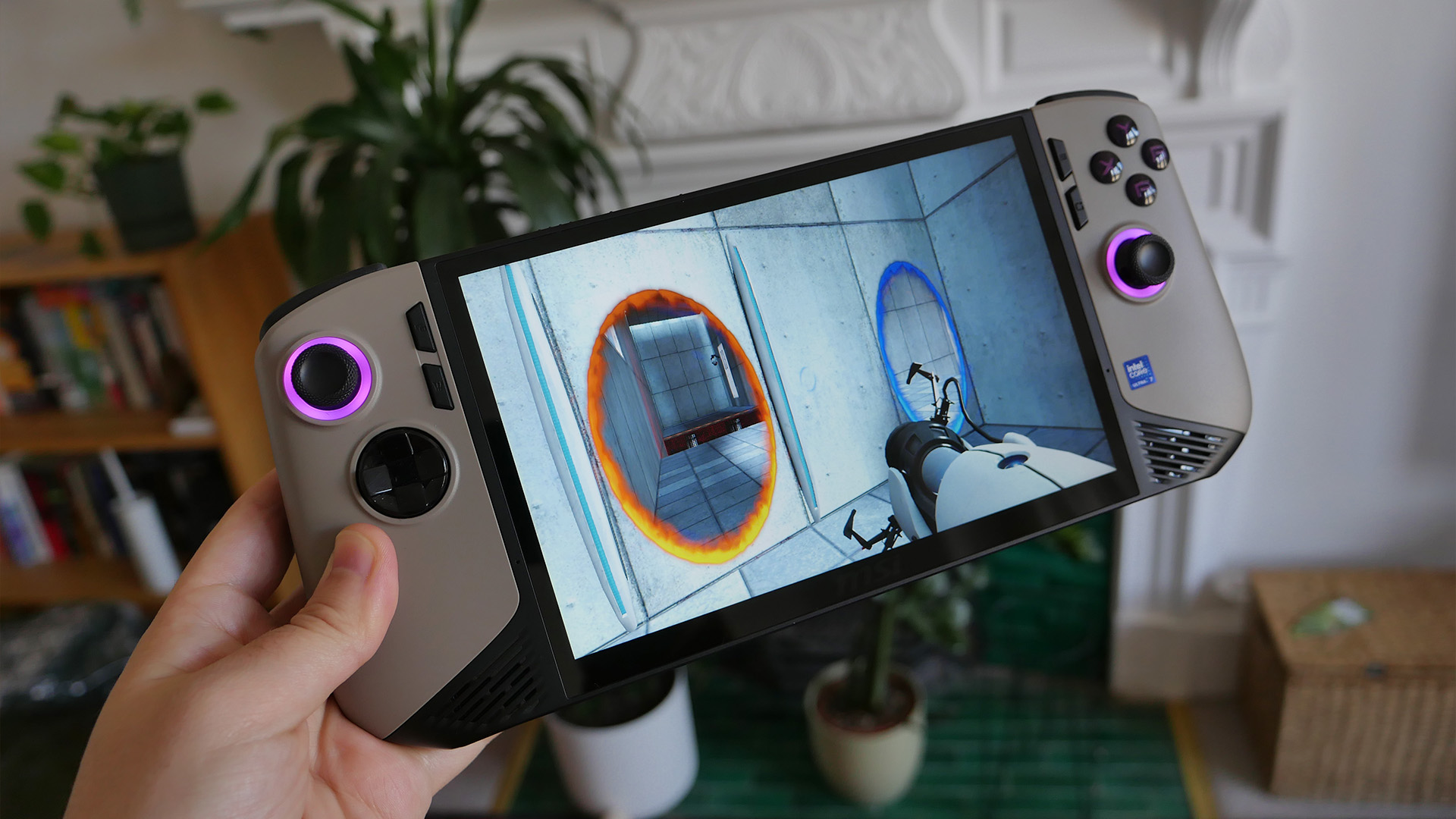 This handheld Switch 2 alternative blew me away – MSI's Claw 8 AI+ is ace
This handheld Switch 2 alternative blew me away – MSI's Claw 8 AI+ is aceThe MSI Claw 8 AI+ is an 8-inch handheld gaming PC that's hard to argue with
By Max Freeman-Mills Published
-
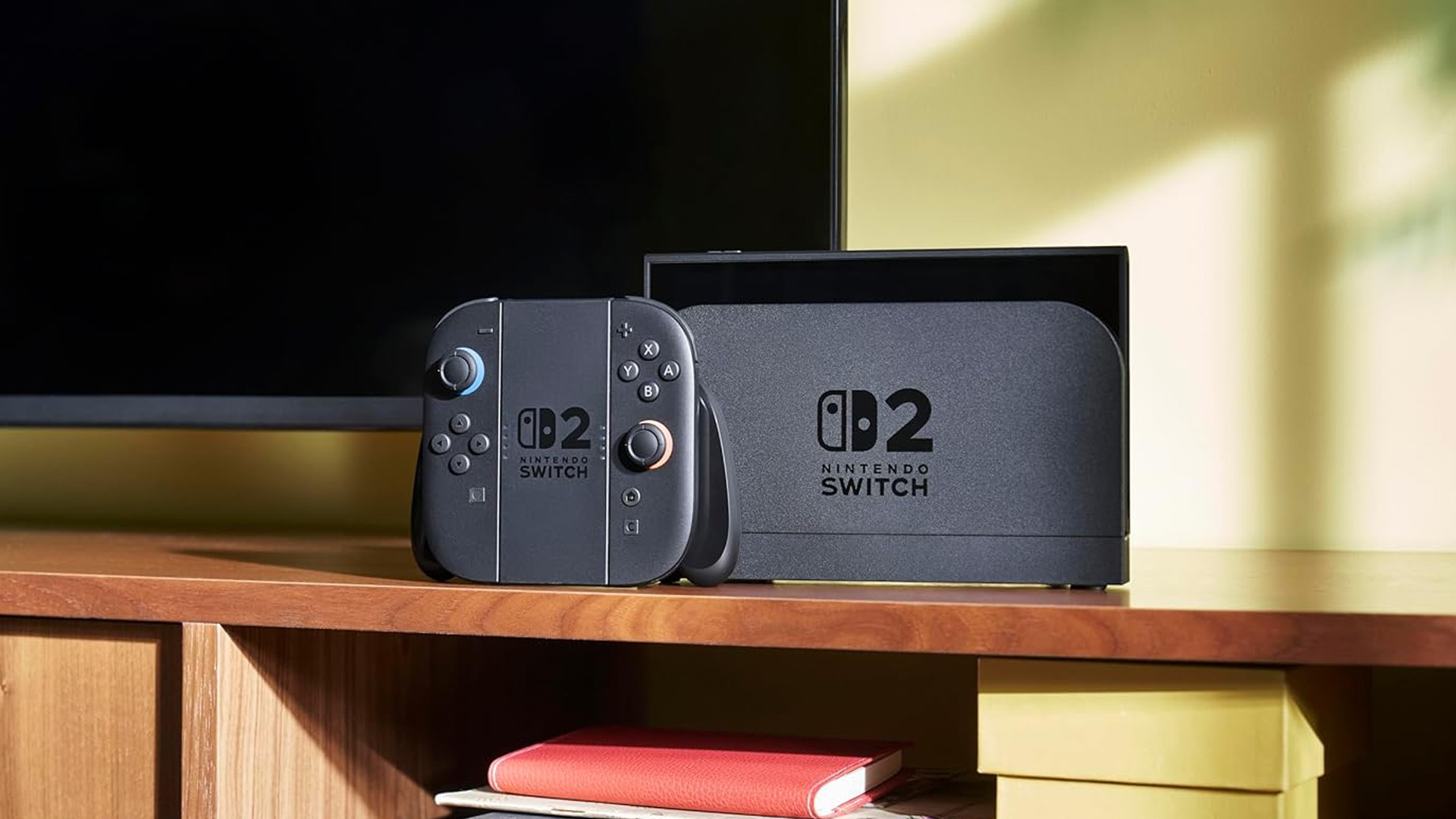 I can't wait for the Switch 2, but this feature doesn't convince me
I can't wait for the Switch 2, but this feature doesn't convince meMouse controls? I'm not sure...
By Max Freeman-Mills Published
-
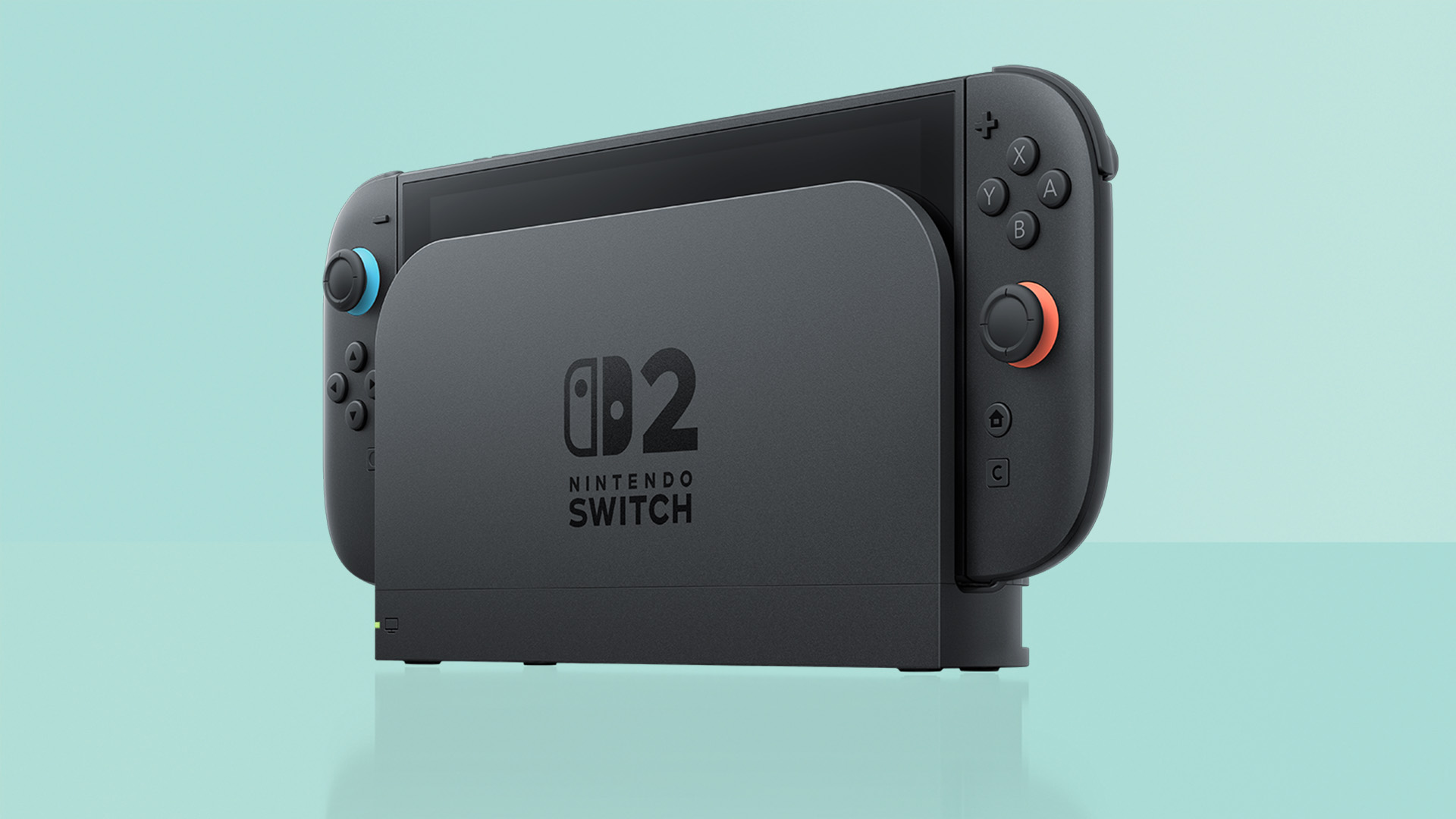 I think this was the biggest surprise upgrade in the Nintendo Switch 2's reveal
I think this was the biggest surprise upgrade in the Nintendo Switch 2's revealThat Switch 2 dock looks like a beast
By Max Freeman-Mills Published
-
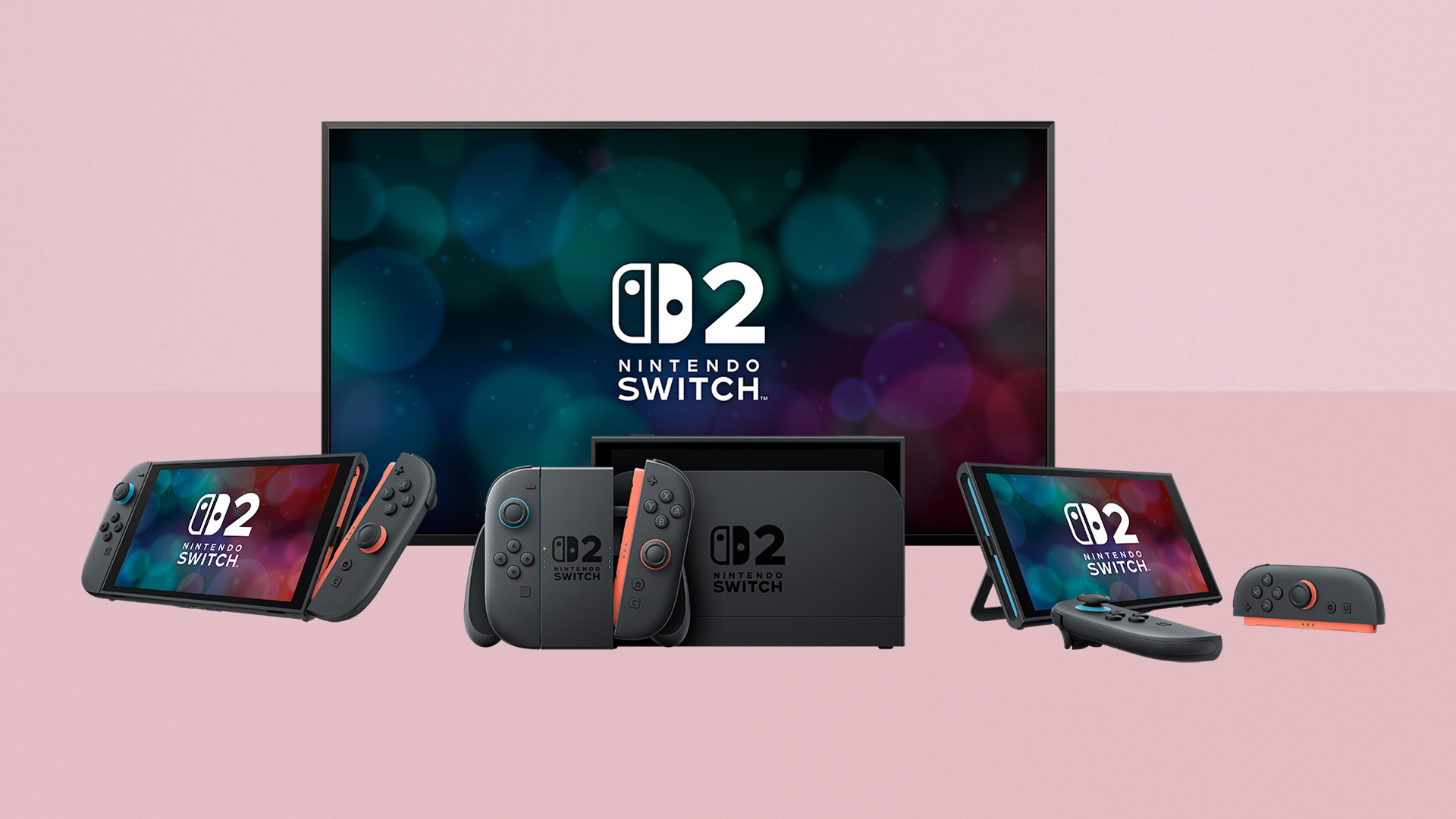 Did Nintendo just give Rockstar permission to make GTA 6 cost $100?
Did Nintendo just give Rockstar permission to make GTA 6 cost $100?Nintendo's pricing is a challenge
By Max Freeman-Mills Published
-
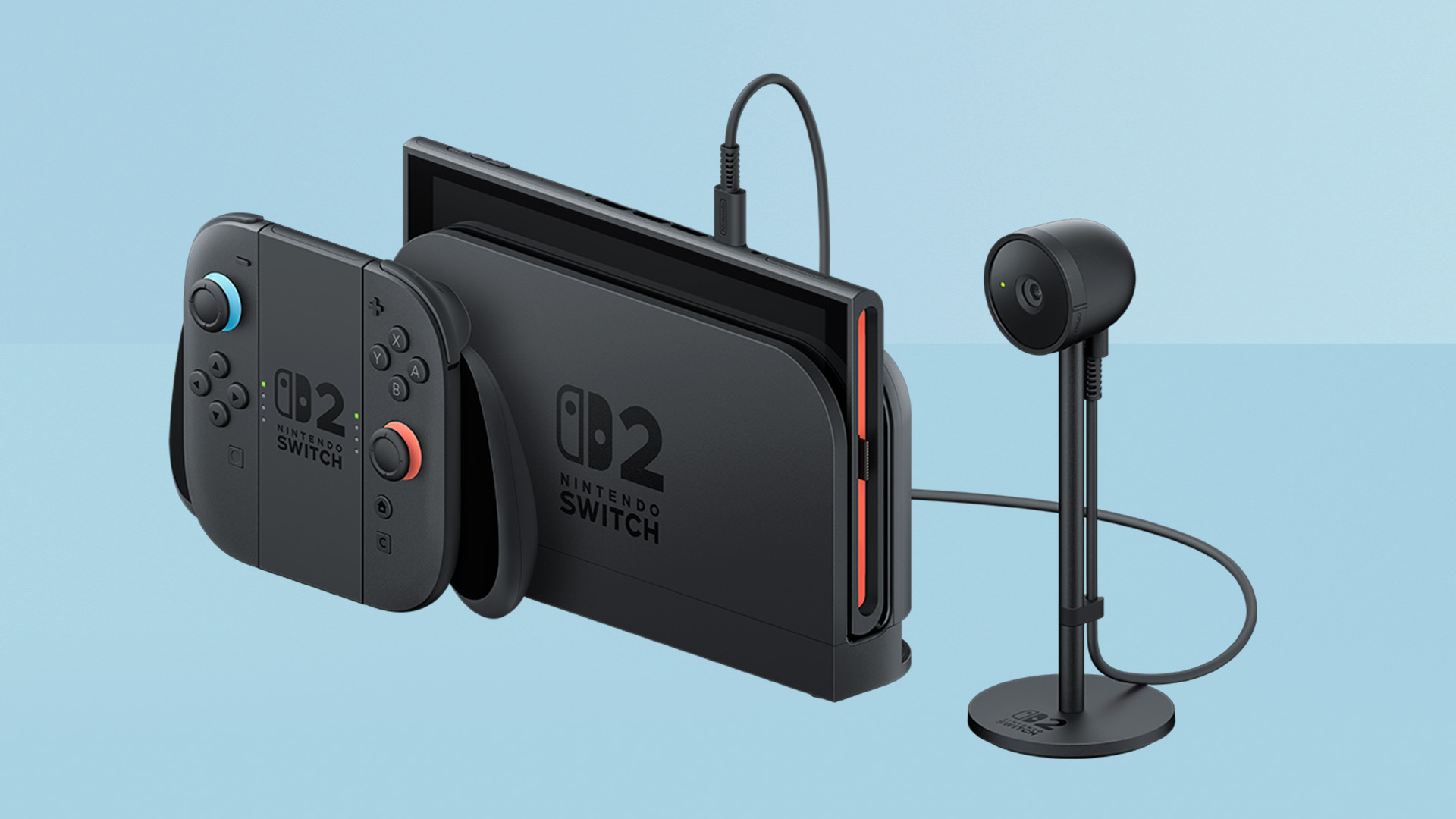 I love Nintendo for bringing back kooky gaming cameras for the Switch 2
I love Nintendo for bringing back kooky gaming cameras for the Switch 2The Nintendo Switch 2 Camera is mad
By Max Freeman-Mills Published
-
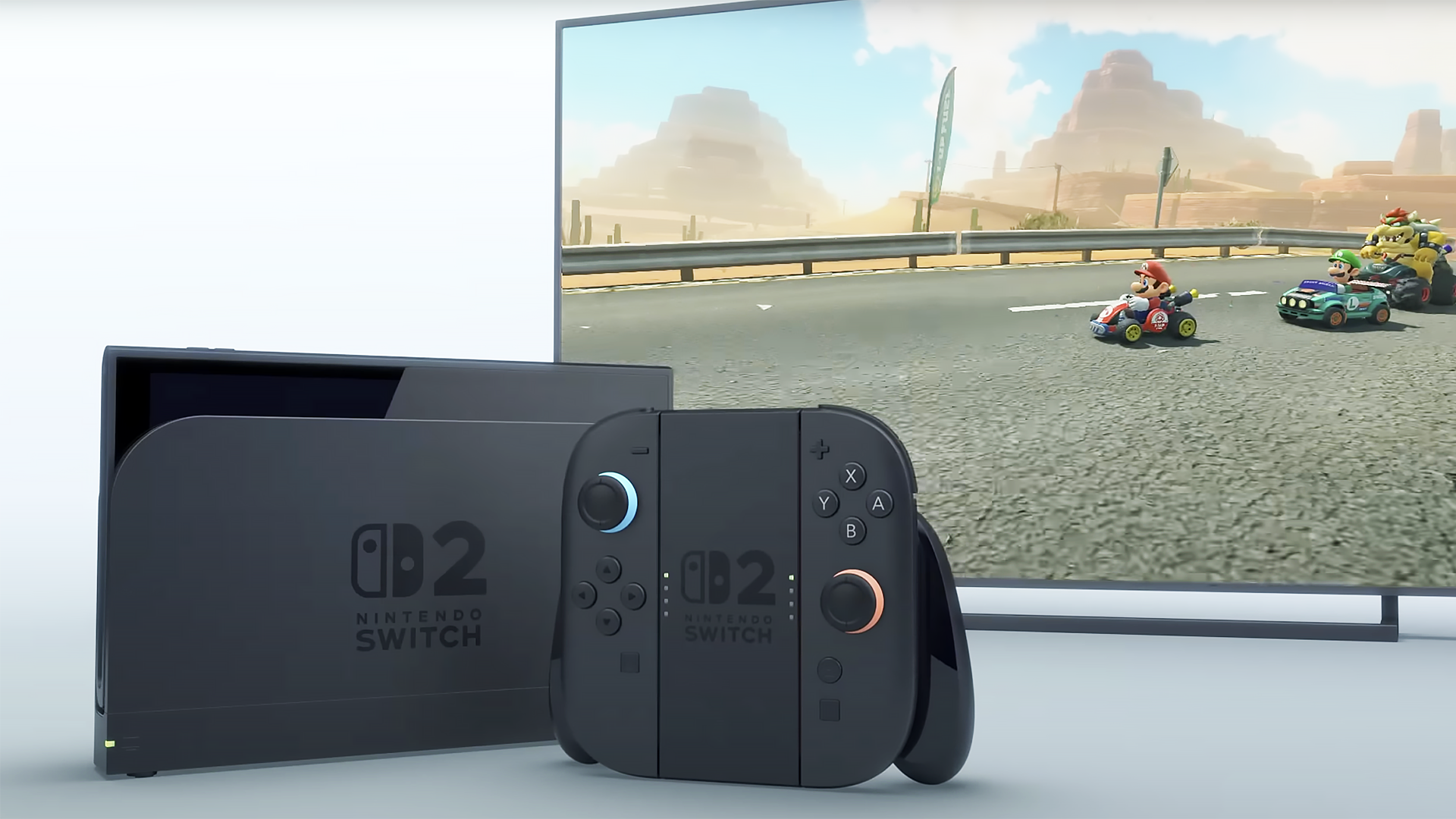 This Switch 2 news will change how I use my console completely, and I can't wait
This Switch 2 news will change how I use my console completely, and I can't waitSharing digital games is changing
By Max Freeman-Mills Published
-
 This PS5 Pro game proves the best part of next-gen isn't what you expected
This PS5 Pro game proves the best part of next-gen isn't what you expectedRay-traced reflections might be a mirage
By Max Freeman-Mills Published
-
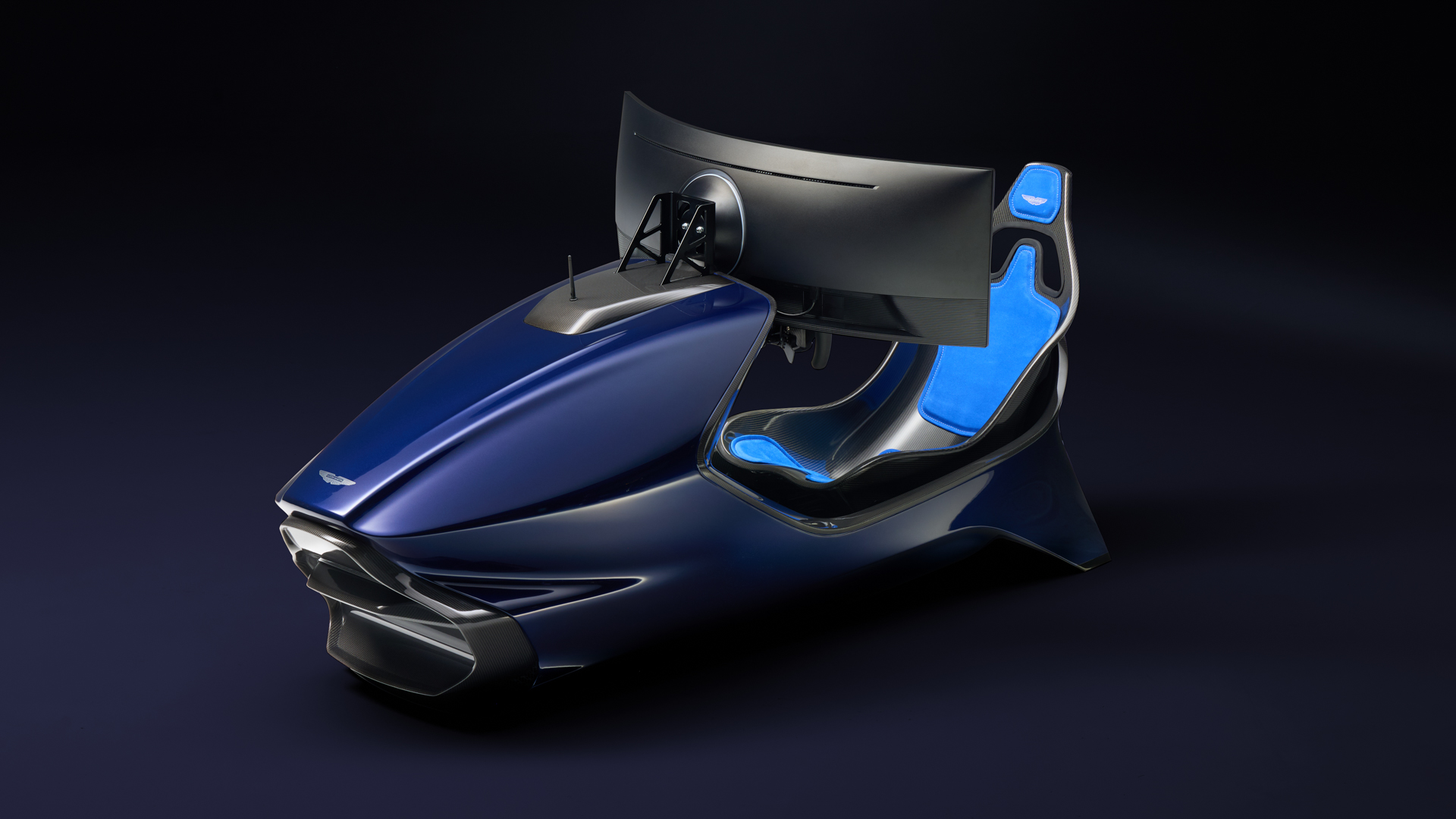 Aston Martin just revealed the ultimate home racing simulator
Aston Martin just revealed the ultimate home racing simulatorThis carbon racing sim by Aston Martin costs as much as a real car
By Alistair Charlton Published